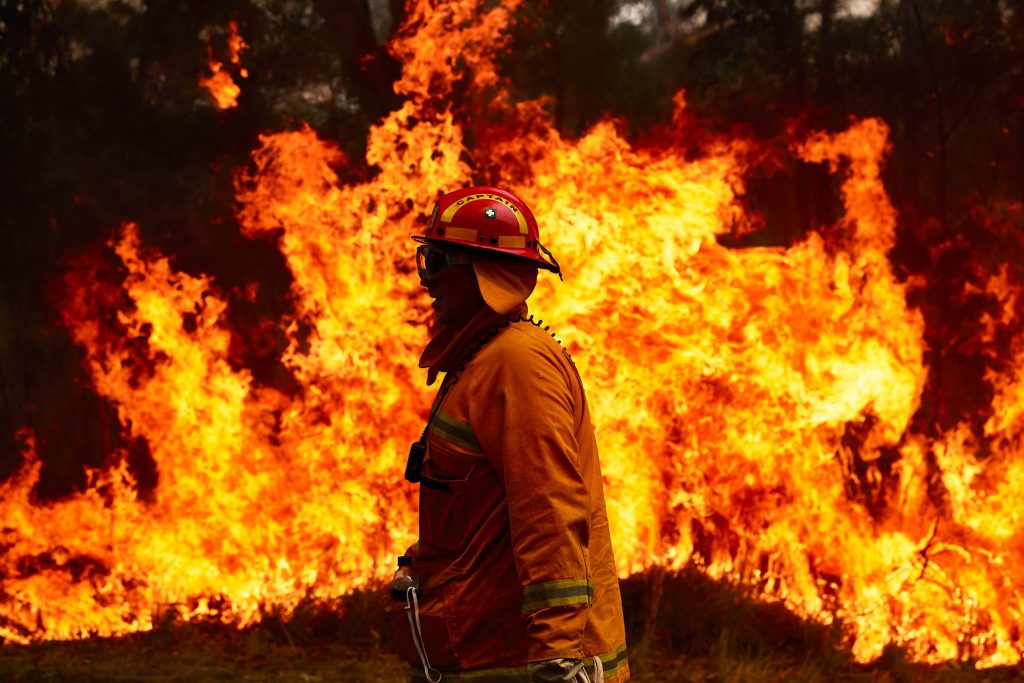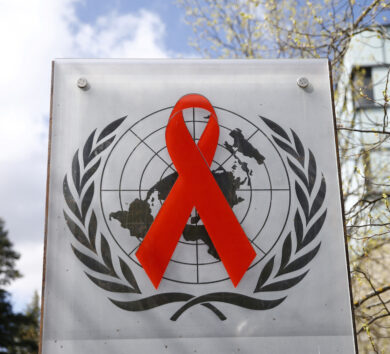
If you thought 2020 hasn’t already been bad enough, United States climate officials have estimated that there is nearly a two-to-one chance that the year will end up as the hottest on record for the planet.
The revelation comes with last month being deemed the hottest September on record as global temperatures averaged 15.97 °C on the back of manmade climate change.
At 0.97 °C above the 20th-century average, 2020 beat out 2015 and 2016 for the hottest September in 141 years of recordkeeping, according to the National Oceanic and Atmospheric Administration (NOAA).
The record was driven by high heat in Europe, Northern Asia, Russia and much of the Southern Hemisphere, said the NOAA.
For 44 straight Septembers Earth has been warmer than the 20th Century average while going 429 straight months without a cooler than normal month, the NOAA said. The hottest seven Septembers on record have been the last seven.
While a combination of global warming from coal-burning, oil and natural gas, and natural variability has contributed, the biggest factor has been human-caused warming.
The globe set this record despite a La Nina, which is a cooling of parts of the central Pacific that changes weather patterns and usually slightly lowers temperatures.
The first nine months of 2020 are the second warmest on record, a shade behind 2016 when there was a strong warming El Nino. But the NOAA’s calculations show that there has been a 64.7 per cent chance that 2020 will pass 2016 in the last three months to become the warmest year on record.







Comments